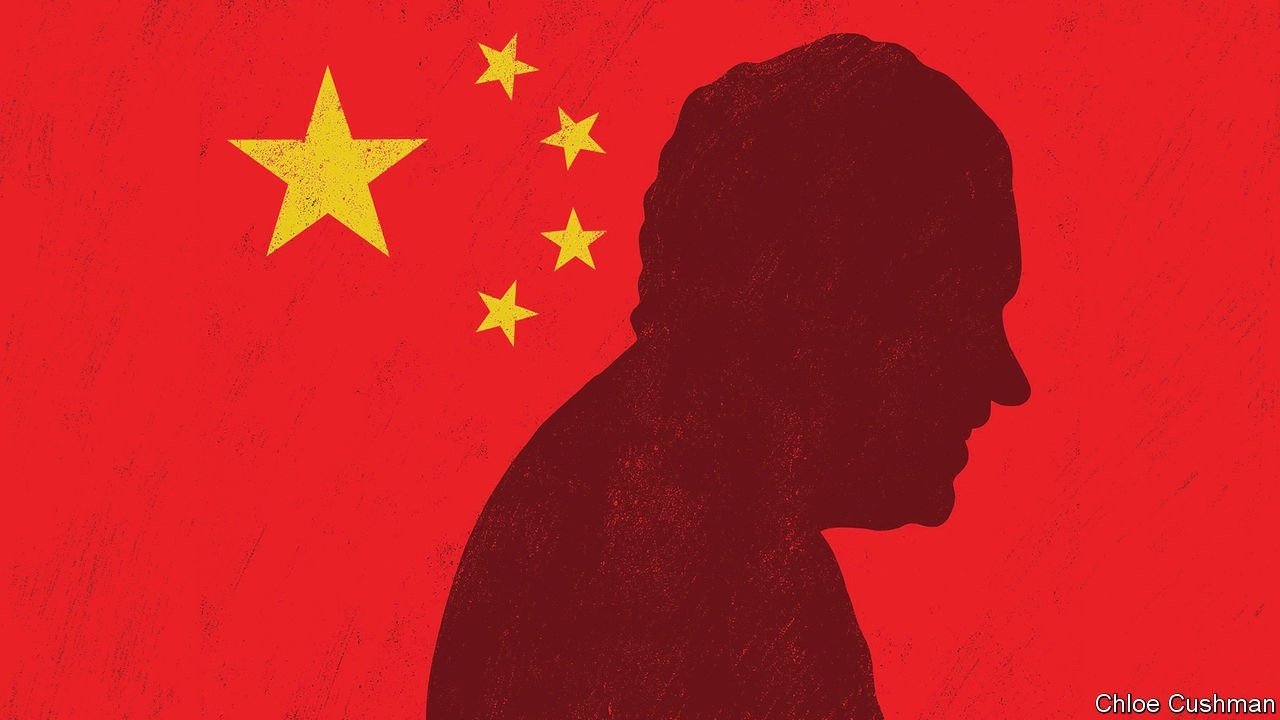Eileen Gu’s ignorance of China’s Internet Freedom
Eileen Gu, a California-born skier has become a sporting celebrity in China in the ongoing Beijing Winter Olympics 2022. She has dominated the freestyle skiing at Olympics by winning three medals – two golds and a silver.
US-born Eileen is representing China in the current Olympics. She has become the face of the game in the host country China since winning her first gold medal on February 8th.
Eileen Gu has been at the thick end of controversy since the news of her competing as an Olympian for China and not the US surfaced. Amidst growing internet interest in her life, a comment made by her defending China’s censorship laws has boomeranged.
Almost all major Social Media apps are banned in China including Facebook, Twitter, Instagram and WhatsApp as part of the Great Firewall.
Eileen had been regularly posting on her Instagram account during the present games in Beijing. Some Chinese users asked her in comments how is she allowed to use Instagram in China when millions of Chinese mainlanders cannot.
Eileen seeing it as a simple unharming question responded that it is easy to circumvent internet restrictions by using a Virtual Private Network (VPN) which can be downloaded from any App store for free.
The screenshot of this comment section exchange soon went viral on Chinese-twitter counterpart Weibo where a lot of Chinese citizens pointed out how naïve Eileen’s comment has been and expressed displeasure at her privileged obliviousness.
Calling on the ignorance of star skier’s comment, many people pointed out how difficult it is to use VPNs in China as they are banned beyond those officially approved and the government clamps down harder on VPN through hefty fines.
In recent years, Chinese authorities have shut off many VPNs, penalized citizens caught skirting the Great Firewall and banned people from making any negative speech against China on the internet. In 2017, Apple was asked to remove all VPN apps from its stores. In 2019, Zhu Yunfeng from the Guangdong province was fined $145 for accessing foreign internet using a VPN service.
Ironically, Weibo later censored Eileen’s screenshot where she was speaking for China’s Internet freedom. Her Instagram post where she was advising how to dodge internet restriction has been bowdlerised.
Eileen Gu’s dual identity as an American-Chinese has also become a topic of controversial discussions amid the ongoing power dynamics between China and the USA.
Many Americans took to Twitter to express their displeasure about her decision to compete from China’s side as ‘ungrateful’.
Nikki Hayley who used to be the US Ambassador to united nations during Trump’s leadership expressed that all athletes should be clear of which side they are standing on, which flag do they put and what morals do they represent. You can either stand for freedom or for human rights violations but there is no in-between.
In America, Eileen has been criticised for dodging political conversations and not speaking against China’s human rights abuses. In China, several people expressed that being a global star, Eileen’s feigns ignorance on the authoritarian rule and archaic policies of the Chinese government.
The VPN controversy is not the only negative news surrounding Eileen. Beijing is painting a picture of Eileen Gu as a national hero which has sparked conversations about her being used as a propaganda tool.
Eileen is everywhere in China, TV, Newspapers, Billboards and Media platforms. China is politicising Eilee’s success to garner a positive image during the biggest sporting event.
Chinese Ministry of Transport published an article about the skier’s grandmother who had previously worked for the Ministry as an engineer, thanking her for inducing a sense of patriotism in her granddaughter.
Eileen also received a letter from the General Administration of Sport of China, encouraging her to aspire for greater glory for the Party and the citizens. As a propaganda tool, showcasing the appeal and benefits of being loyal to China, she represents a positive China that government would like the international audiences to admire.
While the Communist Party of China is trying so hard to represent Eilee as a mascot for Chinese citizens, the depth of a civilised society is not judged by how the famous and privileged people live but how the disadvantaged and marginalised do.
Eileen chooses not to indulge in any political discussions in China and rightly so. She risks jeopardizing her successful career as independent thoughts are CCP soar nerves. Beneath the glamorous surface lies the world’s biggest economy ridden with widespread abuse and disregard for human rights.













